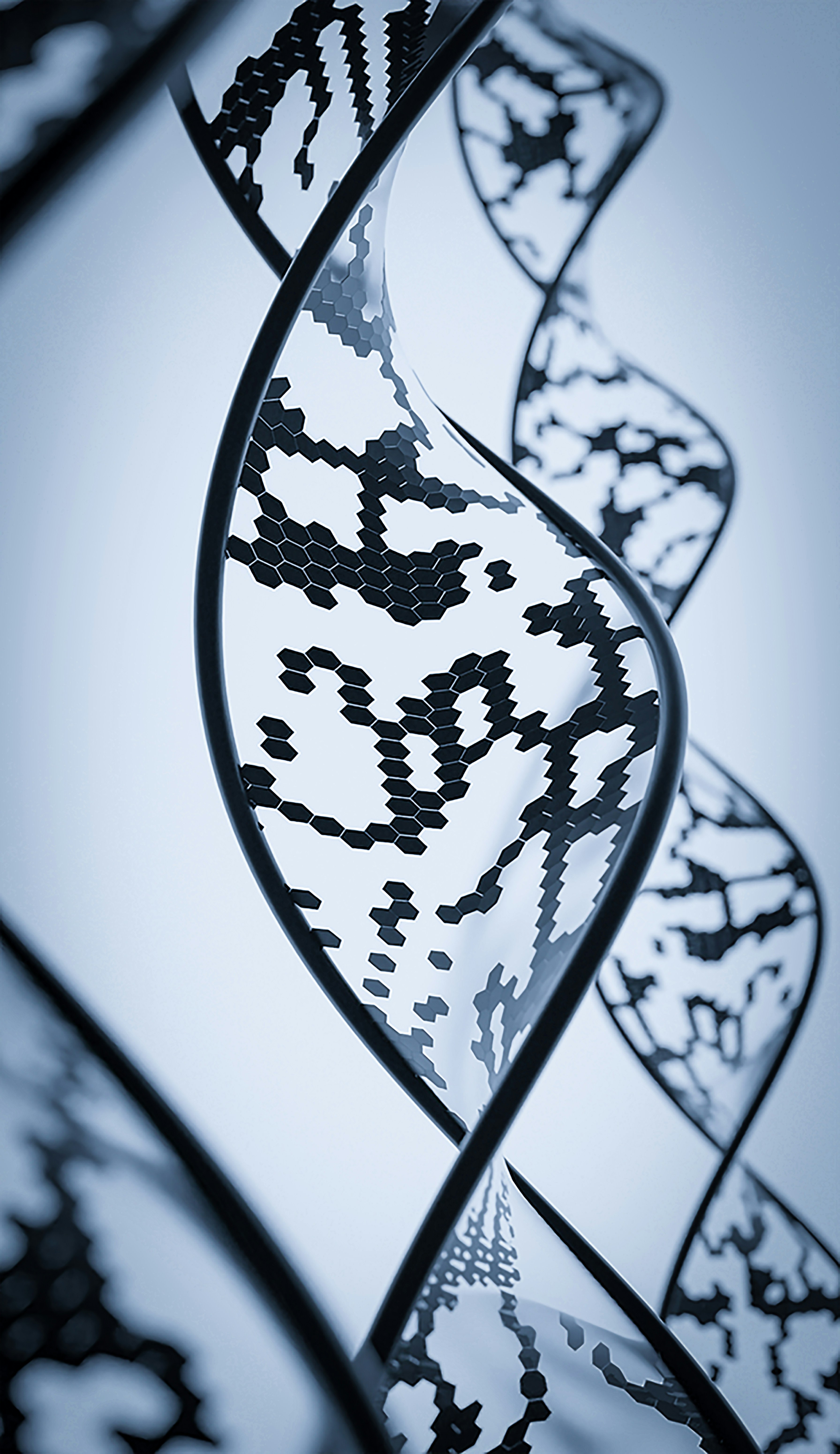Life on Earth has been running on the same operating system for billions of years. Four letters, A, C, G, and T, make up the DNA alphabet. Line them up in groups of three and you get codons: 64 possible “words” that cells use to build proteins, the Lego bricks of biology. It’s simple, it works, but it’s also messy. Multiple codons do the same job, like having seven different spellings for “dog.”
Now a team in the UK has gone in and edited the code itself, and hit save. They’ve built a new strain of E. coli called Syn57, whose genome runs on just 57 codons instead of the 64 every natural organism uses.
To pull it off, they replaced seven redundant codons with synonyms, rewriting over 100,000 spots in the genome and stitching the edits together into a complete synthetic organism. It’s the boldest genetic simplification ever attempted, beating the previous record of 61 codons.
But this isn’t just a lab flex. It changes the playbook.
What It Could Lead To
- New medicines and materialsWith freed-up codons acting as “blank slots,” scientists can assign new functions. Imagine proteins designed to kill cancers with surgical precision, or materials stronger than steel but grown like yeast in a vat.Virus-proof biologyNatural viruses can’t read Syn57’s altered code. That could mean bacteria immune to contamination, protecting industries that use microbes to produce insulin, vaccines, or other high-value products. No more multimillion-dollar wipeouts when a virus sneaks in.Custom-built lifeOnce you’ve rewritten the code, you can push it further. Syn57 is proof that biology isn’t locked. You can build organisms with entirely new rules, designed not by evolution but by human intent.
The Risks We’re Not Talking About
Escape scenariosSyn57 is “virus-proof”, but what about ecosystem-proof? If it ever got out of a lab, how would it interact with natural biology? Even if it can’t be infected, could it outcompete or disrupt systems we rely on?Weapons potentialFreed-up codons can make new proteins. Most researchers think in terms of medicines and materials. But the same tools could be turned toward toxins or pathogens biology has never seen. A designer bug could be as disruptive as any weapon system.Control and ownershipWho holds the rights to redesigned life? If Syn57-like organisms become industrial standards, do a handful of biotech firms end up owning the building blocks of biology itself?
The Big Picture
This isn’t just about E. coli. It’s about humanity moving from editing life to reprogramming it entirely. Evolution wrote the original code. Now we’re debugging, streamlining, and inserting features of our own.
On one hand, it’s a leap toward curing diseases, making materials that don’t trash the planet, and protecting global supply chains from viral collapse. On the other, it’s a step into a world where life itself is proprietary, hackable, and maybe weaponisable.
For the first time in four billion years, nature isn’t the only author of life’s story. We are.
The question isn’t whether we can rewrite life. We just did. The question is whether we’re ready for what comes after.

